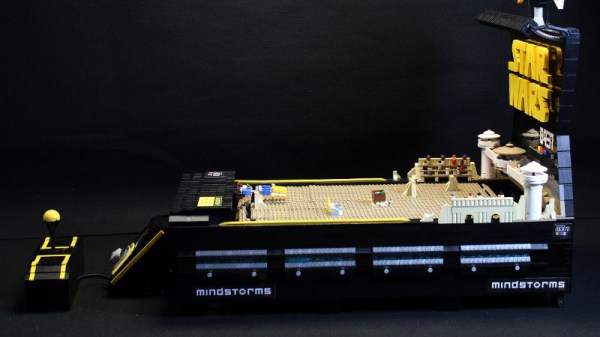While LEGO themed video games have become something of a staple, in 1997 they were something of an odity. LEGO Island became the first LEGO video game released outside of Japan in 1997 and become something of a hit with over one million copies sold. The game was beloved among fans and set the stage for more LEGO video games to come. In an effort of love, [MattKC] put together a team to reverse engineer the game.
The team set out with the intent to create a near perfect recreation of the codebase, relying on custom made tools to run byte checks on the rewrite compilation and the original binary. While the project is functionally complete, [MattKC] believes it is impossible to get a byte accurate codebase. This is because of what the team called “compiler entropy.” Strange behaviors exists inside of Microsoft’s Visual C++ compiler of the era, and small changes in the code have seemingly random effects to unrelated parts of the binary. To mitigate this issue would likely require either partially reverse engineering Visual C++ or brute forcing the code, both of which would take a large amount of effort and time for no real benefit.












